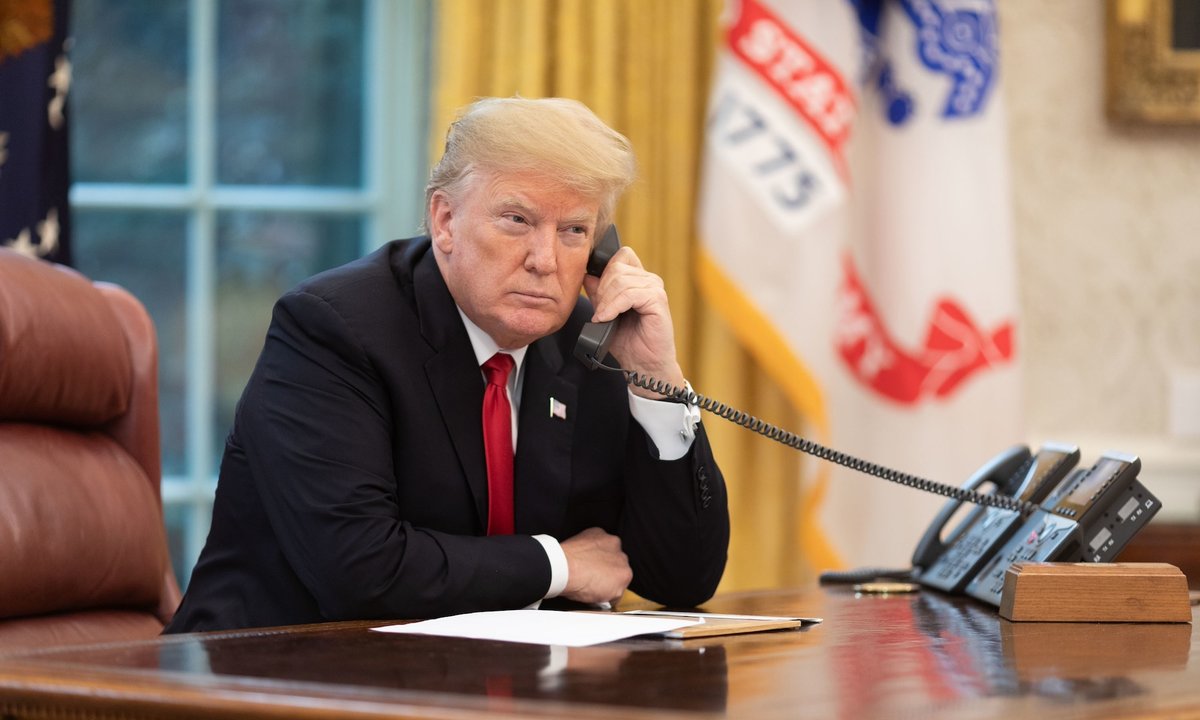
""I do not expect that the market will heat up in the next 90 days," Pierre Valentin, a former in-house legal counsel at Sotheby's and currently the joint head of the art law group at Fieldfisher London, said shortly after Trump's reversal in early April. "In fact, I expect buyers and sellers not to commit until this turbulent period is over. If that's right, the spring sales will suffer and the auction houses will struggle to get property for sale in the second half of this year. The fairs taking place in May and June could also be negatively affected.""
"Lawyers in the US have been kept busy fielding calls from and advising clients on what is known so far and what might be expected. Nicholas M. O'Donnell, a partner in the law firm Sullivan & Worcester in Boston, says he has "heard from US collectors, dealers and auction houses. Likewise, foreign dealers and auctioneers." On their behalf he has contacted the US Customs and Border Protection (CBP), seeking "binding rulings and/or declaring something exempt to see what CBP's response is.""
"Dealers and gallery owners in Europe are at a loss as to how they should respond. Patrick Mestdagh, the founder of the Brussels-based Galerie Patrick Mestdagh, says he is relying on CINOA for information and recommendations that it receives from lawyers and fine art shippers. "A significant number of art market players do not understand the policy"."
US President Donald Trump's recent 90-day pause on international tariffs is creating uncertainty in the art market, leading many collectors and dealers to hesitate in making commitments. Key figures in the industry, like Pierre Valentin, predict the market will remain stagnant as stakeholders await clarity on future tariff decisions. Lawyers are actively seeking guidance from customs regarding potential exemptions, while European gallery owners express confusion over how to navigate the changing landscape. The uncertainty may impact upcoming spring sales and art fairs significantly.
Read at Theartnewspaper
Unable to calculate read time
Collection
[
|
...
]